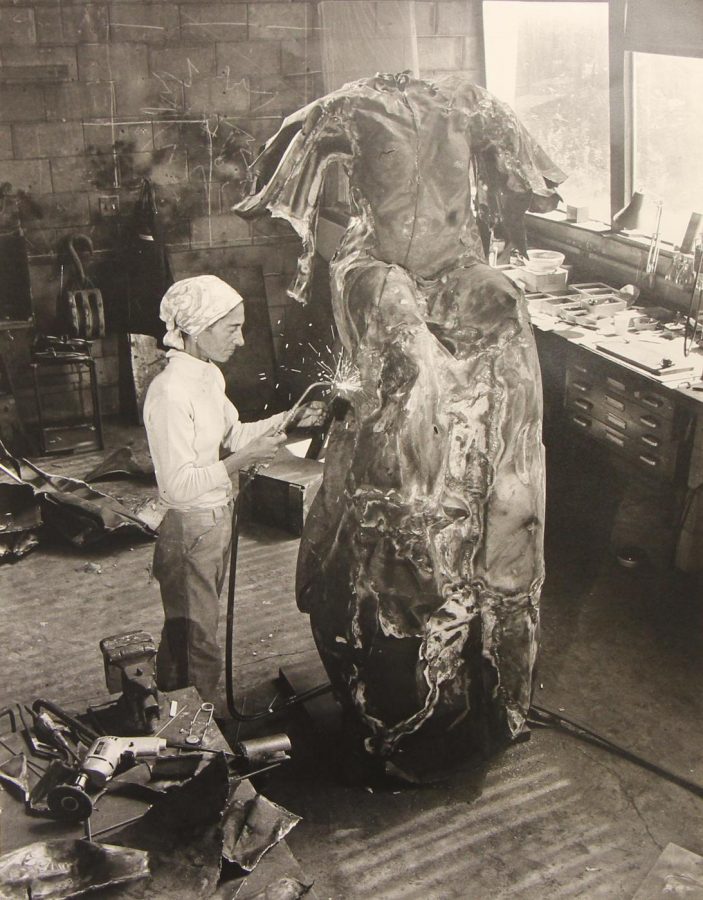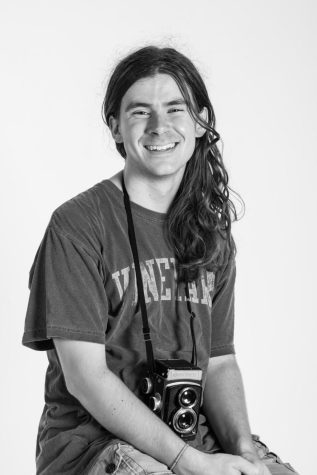The Fleming reopens with digital option
September 16, 2020
For the first time, the Fleming will be featuring a digital collection for student access.
Fleming museum will reopen its doors to the public on Sept 15. Numerous COVID prevention policies have been put into place to secure the safety of museum goers. Fleming also announced that admission is free to all attendees for Fall 2020.
Manager of collections and exhibitions Margaret Tamulonis has been working on the Fleming Museum’s database for 20 years. She has spent five of those years creating the online database that was released this past April.
“It started off as digitizing the catalog cards,” Tamulonis said. “The ultimate goal was to release it this year, but with the pandemic we knew we had to get it out before the end of the spring semester.”
There are over 24,000 objects in the collection, which is over 24,000 research projects, Tamulonis said. The database is informed by student research, and new information is constantly being added to it, Tamulonis said.
Users can find the database on Fleming’s website. On the online collections search page, users can search through the collection’s categories and view photos of any object, from paintings to sculptures.
The online format also helps students get more out of their classes now that they have gone remote, Tamulonis said.
“I’m currently working with a history class focused on colonial history,” Tamulonis said. “With the database, the students can visit the website and objects I have set aside for them. We’re hoping to do the same for other classes in the future.”
Alice Boone, Curator of Education and Public Programs, said she has been especially excited for the database launch and the possibilities it offers.
“I’m a huge database nerd,” Boone said. “Before it launched in April, I had no idea what was really in our collection. Now, it has completely transformed my work to know everything we have available.”
Searching in any database is a trial and error process, Boone said. One of the biggest tests for the database came when Boone and museum curator Andrea Rosen put together their fall exhibition, Reckonings, Boone said.
“It began with a prompt: find something that helps you talk about, for example, loneliness,” Boone said. “The problem is that you can’t just type in “loneliness.” You have to page through a lot of information that isn’t tagged a certain way.”
After extensively searching through the database, Boone compiled a list of items she found interesting.
Fleming staff and student employees then chose an item that spoke to them and created their own personalized label for it, Rosen added.
Each label is an individual’s thought about how the object helps them process their feelings about the pandemic, police brutality, racism, or any other current issue, Rosen said.
Reckonings will exist both physically at the museum and in online format as a slideshow, Rosen said. This exhibition is their attempt at sharing authority in a historically and predominantly white space, Rosen said.
“The museum has not always been a place where BIPOC people have felt welcomed since they do not often see themselves represented,” Rosen said. “So we wanted to do something more collaborative that would challenge the authoritative, often white, museum voice,” Rosen said.
However, the database posed some limitations as the categories that structure the database are founded in colonial ways of knowing the objects, Boone said.
“We know so little about so many objects because of how they were collected,” Boone said. “But, students have made new knowledge more robust in the database through the work they have done in their classes.”
Boone and Rosen hope to run a second installation of Reckonings in the spring semester that will feature new people and voices.
“Research is social and best when shared,” Boone said. “The database is a great first step in the unlearning process, but having conversations with people about the research they do adds so much more. That’s what’s going to help us rethink our ideas about these objects.








